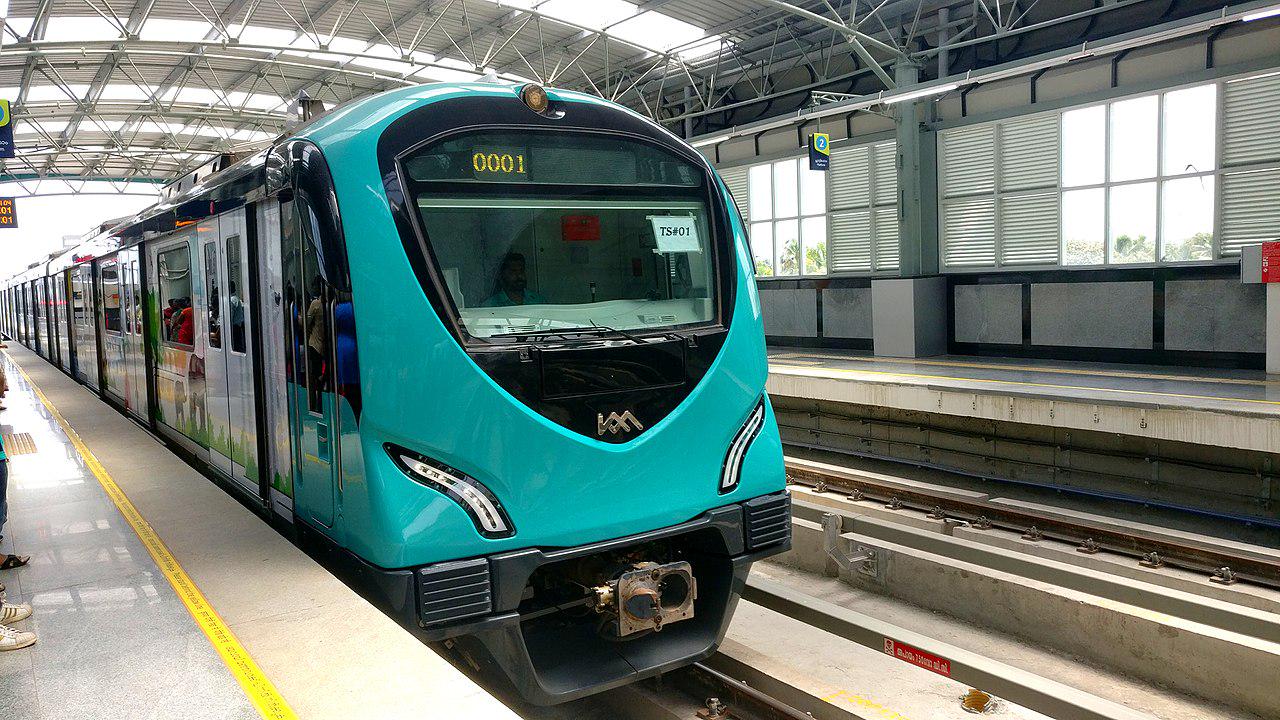The Kochi Metro’s Phase 2 Kakkanad corridor has accelerated construction efforts, aiming for timely completion by December 2026. With key groundwork already in progress, including piling and precast segment preparation, the urban transport initiative is pushing ahead under tight weather windows. The project is being spearheaded by Afcons Infrastructure, focusing on maintaining timelines despite seasonal challenges.
Construction on the Phase 2 Kakkanad extension of Kochi Metro is progressing steadily, with Afcons Infrastructure deploying additional resources to offset weather-related delays. Officials overseeing the project confirmed that piling work at multiple locations has advanced significantly, and preparations for launching precast segments are underway. Despite the monsoon, site activity continues under protective enclosures, with labour and machinery operating on staggered shifts to mitigate disruptions caused by rainwater accumulation and reduced visibility.
The 11.2-kilometre Kakkanad line is a key component of Kochi Metro’s eastward expansion, designed to link Infopark and residential hubs with the city centre. Transport experts say the extension will decongest Kochi’s surface roads while improving last-mile connectivity for IT professionals and urban commuters. The corridor includes 11 stations and will interface with feeder bus services, helping to reduce dependency on private vehicles and promoting eco-friendly modes of transport in Kerala’s urban core.
To stay on track for the December 2026 target, construction teams are working through the monsoon by adapting scheduling and implementing quick-drainage systems at active sites. Temporary shelters over piling rigs and concrete yards have been installed to prevent waterlogging and material spoilage. Experts highlight this proactive approach as essential to Kerala’s infrastructure development model, where wet seasons can halt or slow progress if not adequately planned for in project timelines.
The corridor’s development aligns with Kochi Metro Rail Ltd’s larger sustainability goals, integrating clean energy usage, rainwater harvesting, and green construction practices. Once operational, the Kakkanad line is expected to handle a significant commuter load daily, easing pressure on Kochi’s arterial roads. Urban mobility planners emphasise that the line will not only boost public transport efficiency but also stimulate economic activity along the IT and residential clusters of East Kochi.
Despite the monsoon’s challenges, the Kakkanad corridor of Kochi Metro is racing ahead to meet its 2026 deadline. With construction techniques adapted for wet weather and a focus on sustainable urban mobility, the metro’s Phase 2 promises to reshape Kochi’s transit landscape. If progress continues at this pace, the project could serve as a benchmark for monsoon-resilient infrastructure across India.
Also Read: Gurugram Metro Invites Bids to Power New 30km Line
Kochi Metro speeds up Kakkanad line despite monsoon challenges


